Graham Reid | | 6 min read
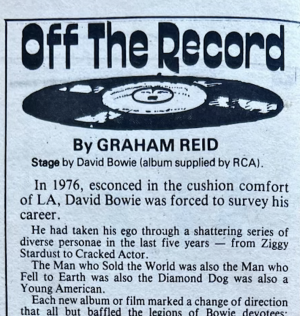
I no more expected to be a journalist than I did being a teacher. But there I was in 1987 leaving a teaching career after about 12 years in classrooms to start as a senior feature writer at the New Zealand Herald.
Journalism had some distant appeal, largely because I'd loved Lou Grant on television and a newsroom seemed a cool place to work.
But it wasn't journalism so much as just writing – one of the few things which came reasonably easy to me and I was fairly decent at.
Just writing, really. And maybe drawing.
As a kid of about 8 or 9 I made my own little comics with cartoons and so on (heavily influenced by Mad magazine and the Junior Digest) and at school I liked writing essays and stories.
At secondary school I started writing poetry (godawful it was) and I loved English.
I got the Endean Prize for Literature in the 6th form and got to choose a book from a pile of worthy and aspirational selection: I chose Great Stories From The World of Sport, a thumping great volume of stories about clever English chaps, none of which I have read to this day although the book is still somewhere around.
Despite a certain prowess at writing and an interest in English literature and History, I went to study the sciences at university for the (stupid) reasons I have mentioned here.
When I was kicked out of university and went to teachers' college I quickly started writing for the very boring student magazine and then, with a couple of others, started our own counter-mag: Dogbreath Views.
I wrote for that, and back at uni doing English and Art History (and yes, Chinese Philosophy) I was researching and writing essays. And wrote some record reviews for Craccum, the student newspaper.
But on taking up teaching and wanting to learn how to write more economically than the 2500 – 3000 word essays I was turning in on King Lear or whatever, I hit on a project which would serve a number of purposes.
Because I loved music but – with three small sons – couldn't afford to buy records, I decided I would become a record reviewer for our suburban newspaper, The North Shore Times Advertiser.
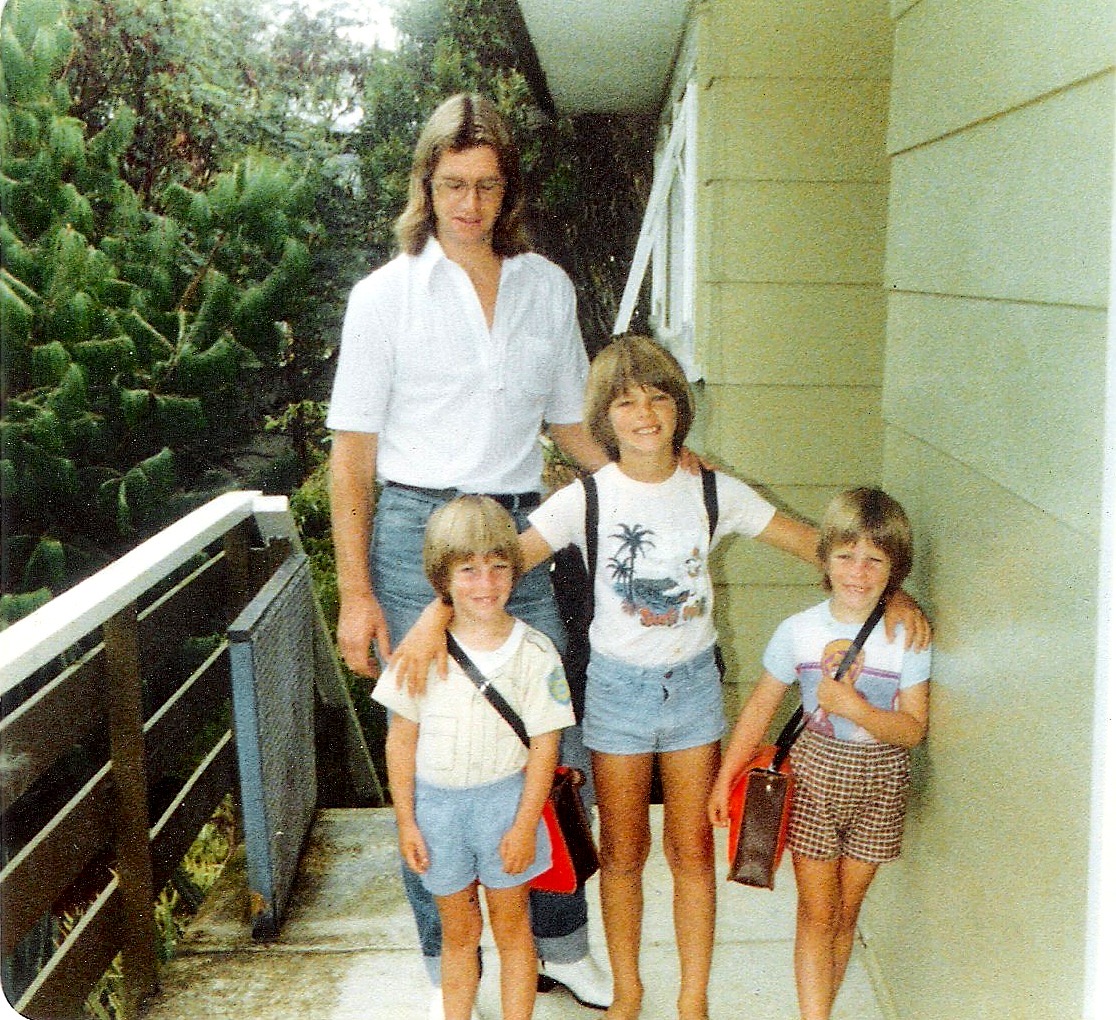 The problem was that they didn't know it and when I approached them they had no interest.
The problem was that they didn't know it and when I approached them they had no interest.
However after some persistence and perhaps wearing down the editor Pat Gundry – a formidable woman – they said they'd see if they could find space. Pat suggested I write three short columns for them, a couple not being time sensitive so if I screwed up or didn't deliver they would have something to run.
I did that and heard no more.
Then one day a friend said they'd liked my review of whatever post-punk album I'd undertaken and I realised I should be looking at the free newspaper in my letterbox because it was publishing me.
 And so it began: stopping off at various record companies to pick up free records, filing tight and hopefully tidy columns, hand delivering them to the paper's office in Takapuna after school . . .
And so it began: stopping off at various record companies to pick up free records, filing tight and hopefully tidy columns, hand delivering them to the paper's office in Takapuna after school . . .
Over time they saw the merit in the column, it attracted younger readers, and so I started arranging giveaways, doing the odd interview and then the column was syndicated through the other papers in their group: Central Leader, Western Leader, Eastern Courier and whatever else they had.
No money changed hands but I didn't care, I was writing and hearing a lot of music.
They never declined a column, even though Pere Ubu might not have been to any of their readers' taste, and only once did they foist something on me: they insisted I write about an album by the MOR singer Kamahl whose music was much favoured by their elderly middleclass readers (and my mum).
It was awful stuff but I neatly sidestepped by offering this: “If there's a better Kamahl album out there I have yet to hear it”.
That was the sum total of the review and they ran it cheerfully, and I think they got the joke. They didn't ask me to do any other MOR reviews.
Over the following years I started the little flyer Auckland Jazz News to publicise jazz at Auckland's Cotton Club, that expanded into Passages, The Magazine of Jazz and Elsewhere in 1984 which covered everything from Duke Ellington, local musicians interviewed, Soviet free jazz, record reviews and so on.
It was large format, had great artwork from various people (Chad Taylor among them) and a roster of intelligent writer/reviewers who did it for the free records.
I edited, laid up, wrote and did some art for Passages which was well received, had a decent subscriber base but failed after nine issues when the guy selling advertising said he no longer had the time. I tried to sell some ads and realised I had no talent for it.
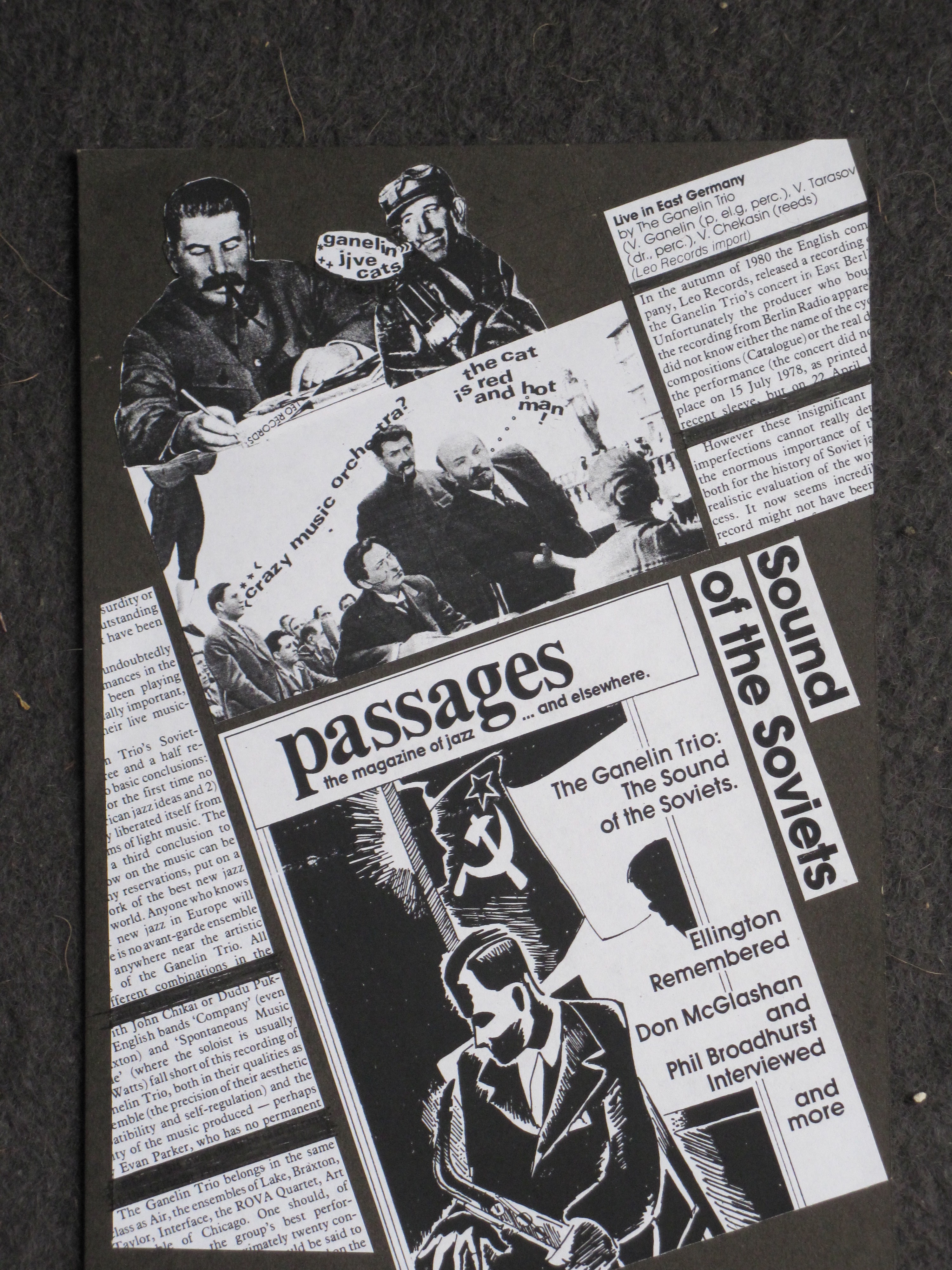
Warwick Roger accepted it and I can remember saying aloud, “I'm a writer”.
And I was.
I was still teaching at Glenfield College and also writing for suburban newspapers, then I was asked to write jazz concert reviews for the Herald, then it became a few profiles.
In early 1987 a wonderful Canadian film maker Norman McLaren, with whom I'd been corresponding, died. His work was used in New Zealand classrooms and there was a connection with the films of Len Lye, so when at the Herald delivering some copy I asked if I could write something about him.
The features editor Jane Phare said that sounded like something for their new entertainment section.
A new entertainment section, you say?
She sent me across the room to see Colin Hogg who was going to be editing it (I think he'd moved over from the Auckland Star fairly recently) and he knew my stuff from concert reviews and such.
We chatted about this new section but he said he was actually looking for a woman. I said fine and went home.
The following day he called me and asked me to come in.
I did, he very secretly – just like in the movies – opened his top drawer and covered a piece of paper with his hand. He said this is what I'd be earning and raised his hand to reveal . . .
It was about what I was getting in teaching and -- because that year they hadn't given me a classroom and I had to run from one end of the school to the other between periods -- I accepted.
But I couldn't start right away, I said.
Colin was bewildered and annoyed but I explained I had Bursary and Scholarship students in English and Art History I needed to consider . . . but I could get them to a particular point and quit the school in August with a clear conscience.
That was three months away but he reluctantly agreed. Later I went in for a week in midterm break (I remember interviewing Suzanne Vega) and finally August rolled around.
I said my farewells to Glenfield – apparently I made a scathing speech about the admin needing to treat coal-face teachers better – and went off to become a senior feature writer at the Herald.
On my first day I walked through the old cart dock to the slowest lift in Christendom and while standing there a beergut guy lurched up and surveyed me with what I took to be suspicion if not contempt.
The old doors opened and we stepped in, he asked me what floor I was going to.
I told him the third, the features department, and he said, “You're not that fucking bloke we've been waiting months for, are you?”
I confirmed and he snorted with derision.
It was a very long ride up.
That was my first full day as a Herald writer and the "welcome" was such that I vowed to quit.
And – after the most enjoyable time – I did exactly that . . . 17 years later.
.
These entries are of little consequence to anyone other than me Graham Reid, the author of this site, and maybe my family, researchers and those with too much time on their hands.
Enjoy these random oddities at Personal Elsewhere.

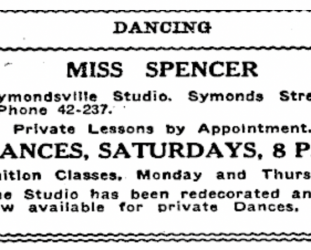
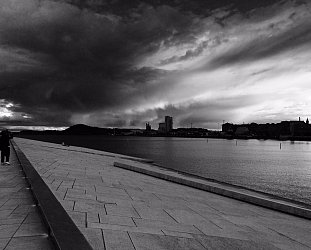
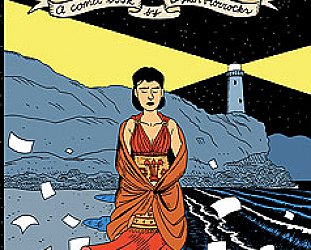
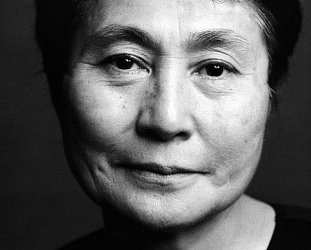
GlimmerTwin - May 29, 2023
Wonder if you think Stage holds up as an essential Bowie album? I tend to think yes it is underrated. He is in fine voice ,Adrian Belew predates the same role with Talking Heads and think the Low instrumentals sound better than the studio ones.
Savepost a comment